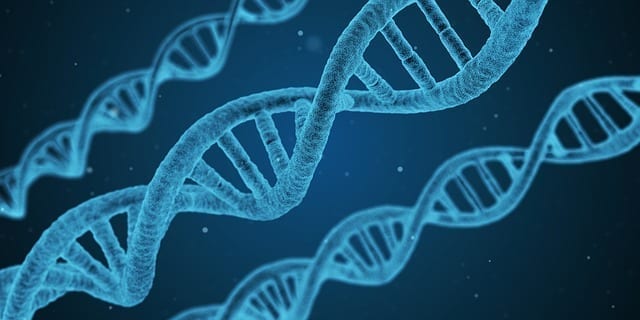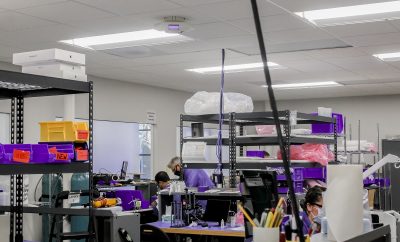
Lifestyle
Biohacking and the Strange Future it Brings
While the word biohacking sounds like a science-fiction concept made up, it is actually a real thing that has been gaining traction in small communities throughout the United States. Biohacking is the process of making changes to your lifestyle in order to “hack” the biology of your body. People who practice biohacking study how everything we put into our bodies can affect our overall health, in order to become more productive, energized, and clear headed. Biohackers have a list of common goals, including boosting serotonin and dopamine, avoidance of chronic disease, decreasing the quantity of sleep while improving the quality of it, and effectively managing stress. Reading these, you may notice most of them focus on promoting cognitive health.
Many biohackers use supplements called “nootropics” which are also know as smart drugs. These supplements are taken to improve cognitive function, as well as aid in higher motivation levels, better memory recall, and greater creativity. While there are studies that show that nootropics have some positive effects, the effectiveness of these supplements are hotly debated by medical practitioners, nutritionists, and psychiatrists. Despite the skepticism, biohacking has gained significant traction, with hundreds of new businesses coming out offering their biohacking products. Biohacking communities say that it can become a more personalized nutrition ideology that can be used to unlock peoples fullest potential.
However, some biohackers go further than just finding the best supplements and food to put into their bodies. The most extreme of biohacking involves genetic engineering, which involves manipulating the DNA of organisms. While it certainly sounds like a plot out of any science-fiction film, but it is gaining traction among researchers and fringe groups alike. Using CRISPR, a powerful tool that allows its users to edit genomes, it gives the ability to correct genetic defects, treat and prevent diseases, and even introduce genomes that are found in those who have natural immunities.
While this sounds like the future of medicine and healthcare, it also has a dark side. This technology is accessible to many people, and is difficult to regulate. Undocumented gene therapy is being done by individuals who are seeking to cure a variety of different illnesses. Recently, a man injected himself with an unregulated AIDS treatment, which was designed by several of his friends who regularly participate in biohacking. It has never been tested on humans or animals, and could have any kind of effect. This was able to be accomplished by purchasing inexpensive professional-grade lab supplies on websites where anyone can order them. This slippery slope of experimenting with your genes can result in severe consequences. In addition, it opens a whole slew of ethical problems which have zero precedence.
Despite the dangers, all aspects of biohacking opens up a new world of possibilities in the medical field. If the more cutting edge part of biohacking which involves gene editing becomes more understood and regulated, it can have amazing impacts. Eleonore Pauwels, a science policy expert at the Wilson Center, said the possibilities of biohacking are both, “frightening and fascinating”, so only the future will tell how it will have an impact on our lives.





1 Comment